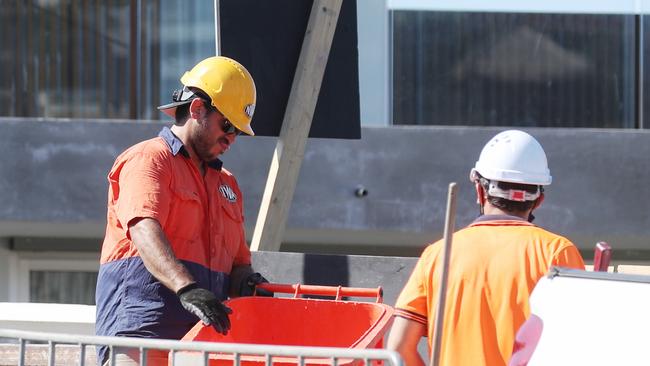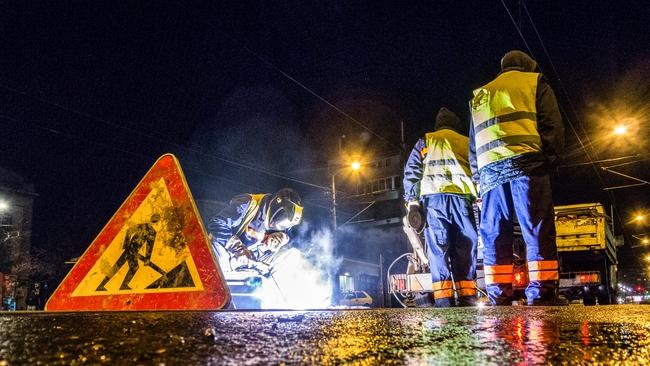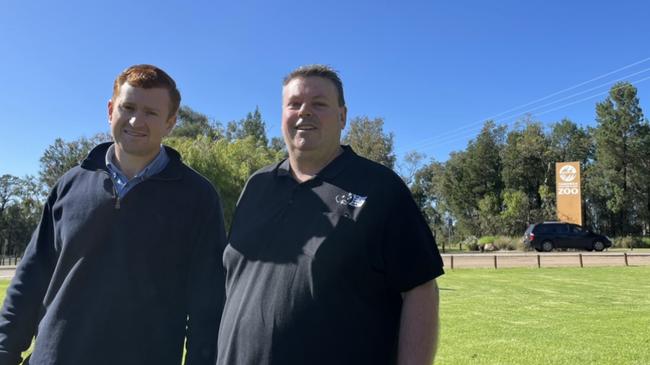Australian Worker’s Union warns workers’ compensation bill will backtrack mental health benefits
Frontline workers who witness traumatic deaths and injuries while on the job could be blocked from compensation payments if the government forges ahead with a new trauma test, the state’s peak union body warns.

NSW
Don't miss out on the headlines from NSW. Followed categories will be added to My News.
Frontline workers who witness traumatic deaths and injuries while on the job at road accidents and fires could be prevented from accessing compensation payments if the government forges ahead with its system overhaul, the state’s peak union body warns.
The Australian Workers Union (AWU) claimed the Minns government’s proposed changes to workers’ compensation would reverse key mental health benefits announced only one month ago for road, forestry and national parks workers.
The proposed bill includes a new test for trauma that would require workers to prove a “real and substantial connection” to the victim they witnessed killed or injured to qualify for compensation.
But AWU NSW secretary Tony Callinan said the vague term could be exploited in the courts to squash claims and rob workers of their payments.
“These changes will make it harder for seriously injured workers to access long-term critical care for their mental health and it is a betrayal of AWU members who have been campaigning tirelessly for first responder recognition in NSW and the additional mental health support this brings,” he said.

“The NSW government finally recognised these workers just last month, and now want to strip away their workers compensation to try and fix their leaking budget.”
In April, the government announced mental health supports would be extended to essential workers who face traumatic incidents in their day-to-day work on road sites and in national parks.

According to the draft bill, a worker will have to prove a “close work connection” to the victim to qualify for compensation or medical benefits, based on a “real substantial connection” or a connection that “arose because of the worker’s employment”.
The AWU said the proposed change would not directly strip away their recently-won mental health benefits, but would limit first responders’ access to compensation for mental health injuries.
Mr Callinan also claimed the government had failed to flag this key change in its consultation process with the unions.
NSW Premier Chris Minns said the draft bill had been released “so that we could put our cards on the table, hear from unions and hear from the industry”.
“The only thing we’ve said is that change needs to come, because the system as it currently works is unsustainable in the future,” he said.





